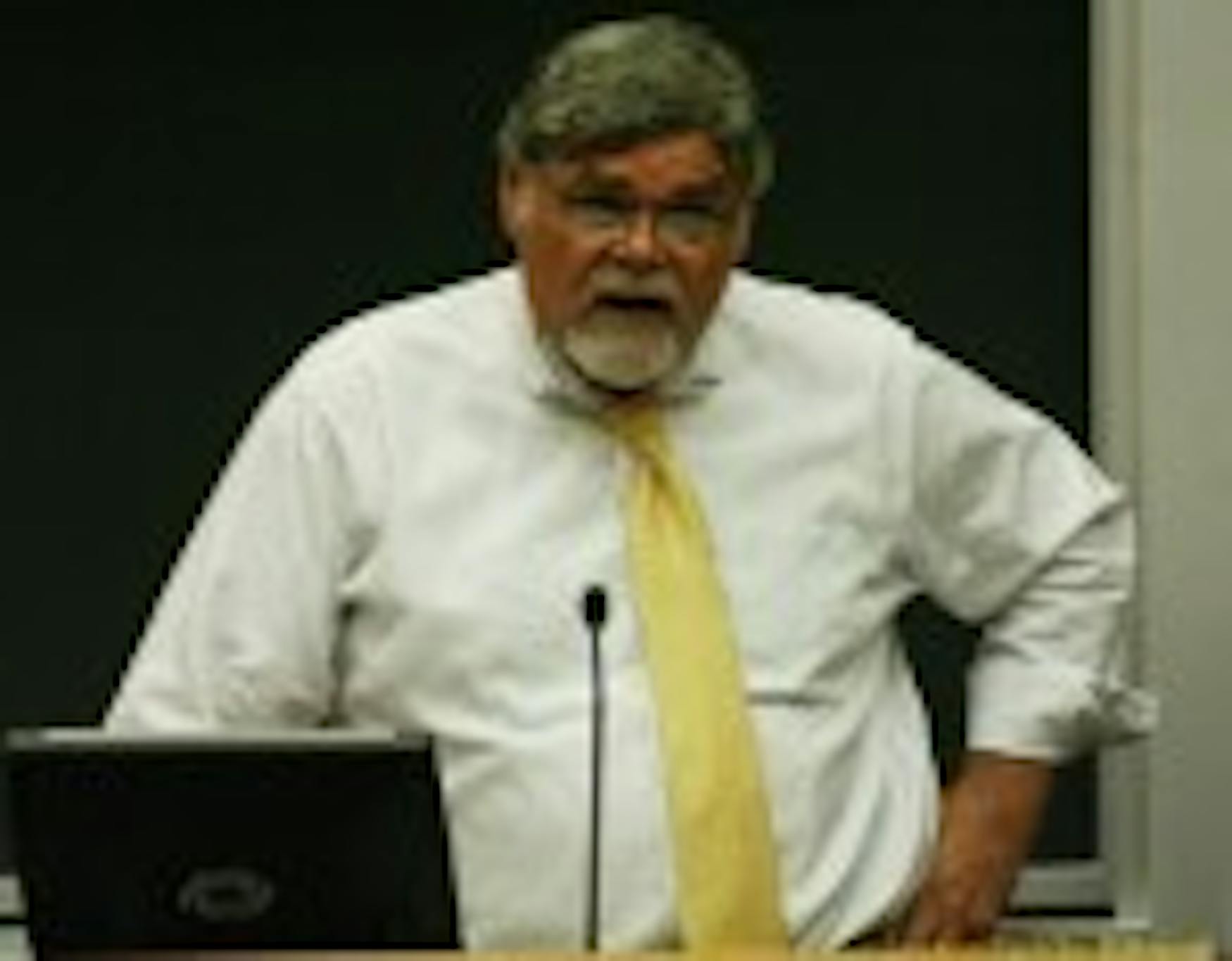Changes adopted in financial aid
Based on the recommendation of the Undergraduate Admissions and Financial Aid Committee, a new admissions process will be adopted for the Class of 2015, according to University President Jehuda Reinharz.The committee's recommendation is that Brandeis adopt "the policy that consists of continuing to admit students on a need-blind basis; ... fully meeting that need until all available funds are exhausted; [and] continuing to admit students if necessary on a need-sensitive basis," Prof. Steven Burg (POL) said at last Thursday's faculty meeting.
Burg told the Justice that the University currently adopts a need-blind admissions policy, meaning that a student's financial situation is not taken into account when deciding admission.
According to Reinharz, "Need-sensitive means that once the money is exhausted, we will have to pay some attention to people's ability to pay because we will have no choice. Once the budget is exhausted it will be exhausted."
"I think that we will continue to see an increase in applications because, in the changing economic circumstances, . many people can't really afford to go to school unless they have their financial needs met," Reinharz said in an interview with the Justice. He also added that if the Office of Admissions can't meet these needs, the caliber of student the University wishes to admit will not be able to matriculate.
The University only applies a need-aware admissions policy-when the decision to admit is partially based on the student's ability to pay tuition but even more so than for need-sensitive-for waitlisted and international students.
Burg explained the current admissions process in an interview with the Justice. He said that Admissions ranks the application pool from top to bottom by various factors, such as test scores and academic qualifications. The admissions office also uses a mathematical formula to predict the financial needs of each student based on information such as a student's zip code, Burg said. After applicants are ranked, the mathematical formula is applied to estimate each applicant's financial need, he said.
"Given a ranked list of applicants and decisions to admit based on that list, it is possible to estimate the overall need of the class," Burg wrote in an e-mail to the Justice.
Since the mathematical formula is only an estimate of the applicant pool's financial needs, the University currently is not always able to fully meet the financial needs of its admitted students upon reviewing their financial aid applications, Burg said.
"It can only be an educated estimate on the part of the Admissions office, and we try as best as we can to try and figure out what it is in advance," Reinharz said in an interview with the Justice.
"What we're currently doing is called 'gapping,'" Burg said in his interview. "We do not provide as much financial aid as even we calculate applicants need. So what we're recommending is that we should meet, fully, the calculated need of applicants," he said. Once University funds are exhausted after fully meeting the financial needs of admitted students, the recommendation is to take into some consideration the amount of financial aid requested if the University wants to admit more students, Burg explained.
At the faculty meeting, Burg provided an example of how this recommendation would have been implemented for last year's class. He said that of the 2,500 students admitted, about 2,300 students would have been admitted on a need-blind admissions policy and the remaining 200 students would have been considered on a need-sensitive basis.
"[The committee is] sensitive to budget issues, but we are trying to formulate the best admissions policy for the institution," Burg said in an interview with the Justice. He continued, "To make us the most competitive, to get us the best students possible, that's what we're about."
Senior Vice President for Students and Enrollment Jean Eddy could not be reached despite repeated requests for comment.
The Undergraduate Admissions and Financial Aid Committee was formed in order to advise the administration on questions related to admissions and financial aid, Burg said. He added that it is not a policymaking committee.



Please note All comments are eligible for publication in The Justice.